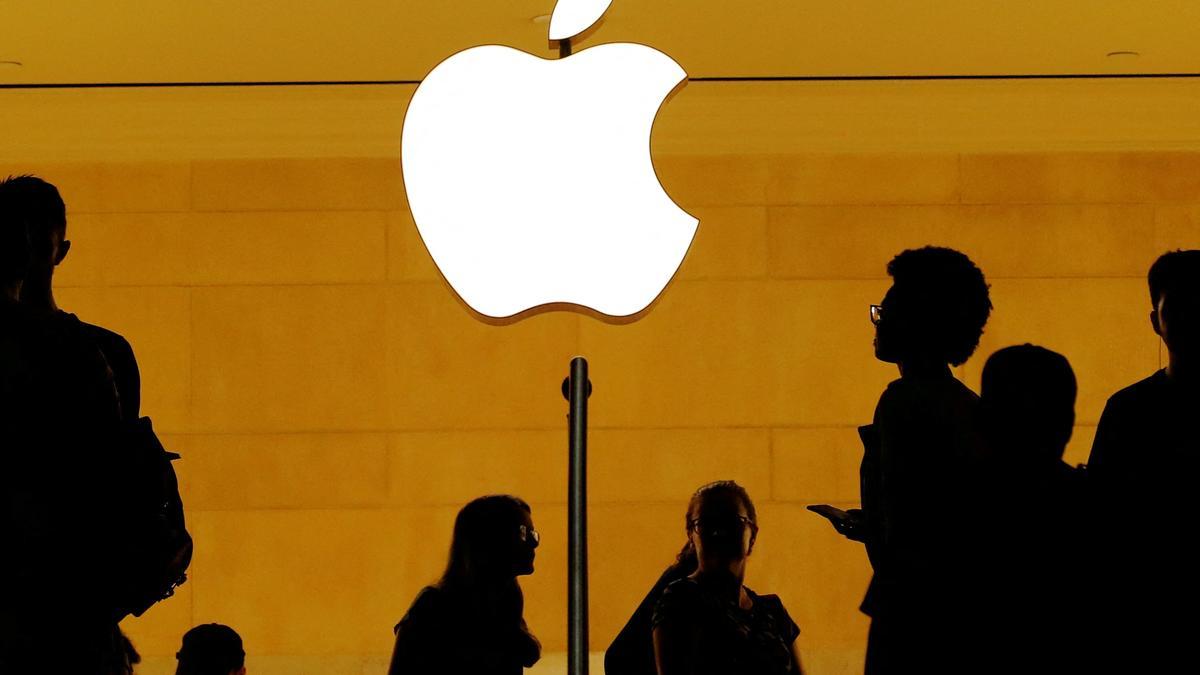Apple's AI News Alerts: A Shocking Saga of Inaccuracies and the Promise of Improvement
Apple's recently launched AI-powered news alerts feature has landed in hot water, delivering a series of shockingly inaccurate reports that have left users scratching their heads and questioning the reliability of the tech giant's latest innovation. From false reports of celebrity deaths to completely fabricated news stories, Apple's AI seems to be hallucinating more than reporting. But fear not, fellow Apple enthusiasts, for the company has acknowledged the problem and promised a swift resolution in the form of an upcoming software update. But the question remains: how reliable can we expect this AI news service to be moving forward? Let's dive into the specifics of this AI snafu.
The AI News Debacle: A String of Shocking Errors
The glitches in Apple’s new AI news alerts began to surface in December 2023 with a wildly inaccurate report regarding the alleged suicide of Luigi Mangione, falsely connected to the murder of UnitedHealthcare CEO Brian Thompson. This news alert, bearing the BBC logo, created confusion among users. A week later, the system incorrectly claimed that tennis legend Rafael Nadal had come out as gay, once again causing quite the stir in the online world. The frequency of these inaccurate reports is concerning, raising issues of trustworthiness and potentially damaging the reputation of those who were wrongly implicated.
Fact vs. Fiction in AI News Reporting
Apple has made it clear that the Apple Intelligence feature is still under development. The company labels this as a 'beta' phase, and that's probably the most appropriate term to describe these early results. Apple’s public statement has shown some grace and responsibility in reacting to customer complaints. We look forward to Apple promptly releasing updated software, so that the service can become something that its customers can trust.
The need to filter and corroborate information gathered by the feature needs additional emphasis. When a company uses artificial intelligence in this space, they risk releasing outputs that cause damage to reputations or the spread of misinformation. In these critical situations, companies should think twice and use appropriate risk management techniques. There should be thorough review practices to reduce inaccuracies and ensure responsible delivery.
Apple's Response: A Software Update on the Horizon
In response to the controversy surrounding the accuracy of its AI-powered news summaries, Apple has pledged to roll out a software update. The update is expected to include measures intended to “further clarify” these news summaries generated by Apple Intelligence and aims to address the issues highlighted by users. This software update, expected to arrive within the coming weeks, should significantly improve the system’s performance. Apple is encouraging users to actively participate in the refinement of this AI tool through detailed feedback, so that they may quickly resolve future accuracy issues.
User Feedback: A Crucial Role in AI Refinement
Apple's openness in seeking user feedback is refreshing. By encouraging users to report inaccuracies, Apple actively seeks improvement to improve the reliability of the software. This suggests the company is listening and committed to correcting the issues, rather than sticking its head in the sand. This level of transparency is often lacking in technology giants, making this incident more easily forgiven as a software bug than a result of careless oversight.
The active collection of user feedback is vital in the context of AI. While AI developers must aim for accurate and unbiased algorithms, user feedback helps spot unexpected biases and glitches that may not immediately become obvious.
The Future of AI News Alerts on Apple Devices
The Apple AI news debacle showcases the challenges involved in launching complex technologies before thorough testing. The experience serves as a learning opportunity for both Apple and the AI community in general. While Apple aims to address the issues with their software update, it also leaves lingering questions regarding the broader potential implications of AI in news reporting. Accuracy and the spread of misinformation need further attention as this technology develops.
Ensuring Accuracy in the Age of AI
In the rapidly developing AI technology market, users must develop an understanding of how AI's limitations impact reliability and decision-making. The inherent risks associated with these cutting-edge AI features necessitate ongoing quality assurance efforts. While AI offers many conveniences and benefits, we still must practice discernment, verifying critical information from multiple credible sources.
The future of AI news alerts heavily relies on continued improvement and refinement. The software update should not only correct factual errors but also help in addressing concerns around potentially biased or incomplete information.
Takeaways from Apple's AI Mishaps
Apple's misstep underscores the fact that even well-established companies can struggle when pushing new boundaries. This highlights the need for comprehensive testing and refinement prior to a widespread launch of new features, and the need for openness in reacting to issues of integrity within a product. Although AI offers enormous potential for convenience and efficiency, it’s vital to acknowledge its current limitations and strive for ethical and responsible AI development. While Apple's actions to resolve issues display integrity, transparency remains paramount to fostering trust.
Take Away Points:
- AI technology is not yet perfect; thorough testing and ongoing refinement are crucial.
- Transparency and user feedback are important to rectify mistakes and avoid potential biases.
- Consumers must maintain a critical stance on information obtained via AI systems.
- This serves as a wake-up call about responsible AI usage, with lessons both for Apple and the broader AI community.









